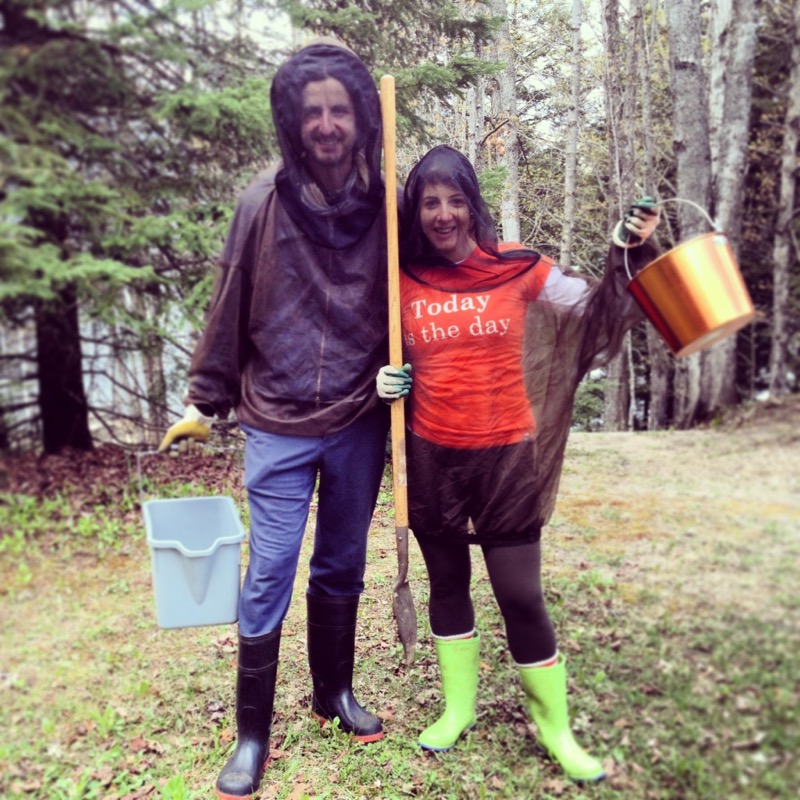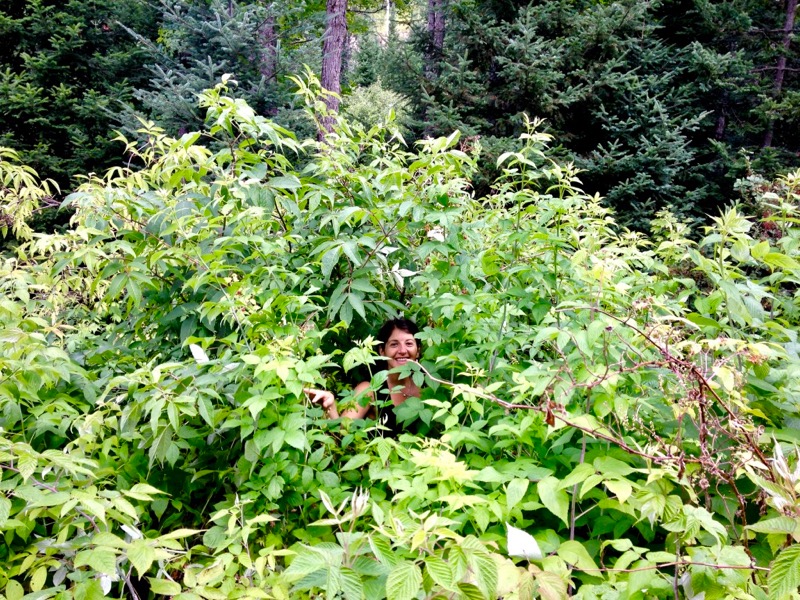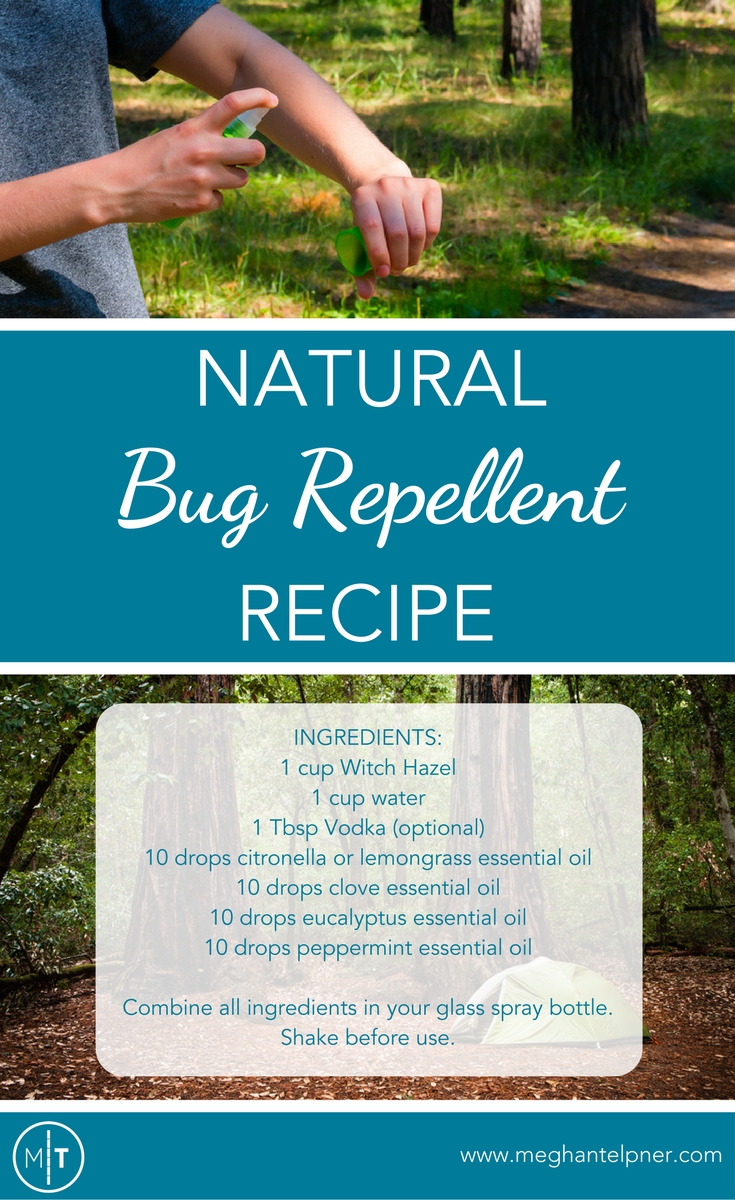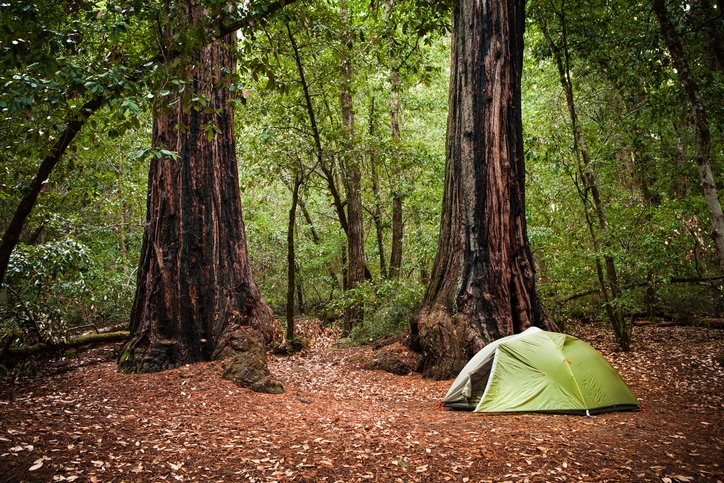Spending time in nature has many benefits, but sometimes the outdoors can have downsides – especially if you’re in a place crawling with bugs who love to feast on warm-blooded humans like us. Itchy, painful, and inflamed bites can certainly detract from your forest bathing experience, but making your own natural bug repellent can help you arm yourself against these critters without compromising your overall health .
I’m a cottage-obsessed nature lover and can easily live without the comforts and conveniences of the city when I’m in the woods. I grew up on the prairies in Winnipeg and went to summer camp nearby where the mosquitoes were so big and vicious that if you cursed at one, they often found you right back.
No matter how bad the bug condition is, I can’t resort to using conventional bug repellants to protect me.
Most traditional bug sprays use DEET as the main ingredient. And sure, DEET works, but it also comes with its own health risks.
Health issues of DEET
DEET was:
Here in Canada where I live, DEET is allowed in bug sprays, but the recommended by the government children under 12″do not use a DEET product on a daily basis for more than a month” and babies under 6 months should not use it at all.
When should you use DEET?
Suddenly bugs have become much more dangerous than the annoying itchy bite. With concerns about West Nile virus, Zika virus and Lyme disease, you can use your own discretion and safety measures, which will include covering your face with a mask when spraying, not touching your eyes , your ears or mouth if using and bathe thoroughly as soon as possible after use.
The Environment Working Group reports:
“Among the three repellent chemicals that are EWG’s top picks is DEET, which is widely used but much abused. DEET’s safety profile is better than many people assume. Its bite prevention effectiveness is only matched by a few other repellent ingredients. DEET is not the perfect choice or the only choice. But considering the consequences of Zika and West Nile virus, we think it makes sense.”
Of course, there is debate about what actually causes Zika, so I will leave this one from NPR hereand this one from GreenMedInfo here.
You will need to weigh the risks, pros and cons based on where you live, your exposure and other factors that could increase your risk.
Of course, if you’re in a high-risk area and it’s for a short duration, there’s always a safety net. Watery but effective!

What else is in conventional bug repellant?
DEET isn’t the only ingredient in bug repellant that gives me pause. I took a look at a bug repellant made by Johnson and Johnson, one of our good health wash friends. In addition to DEET, they use:
- Fragrance: This is a general term for thousands of chemicals that are untested and potentially unsafe. Fragrance is also used in beauty care and cleaning products and can cause allergic reactions, respiratory problems such as asthma, headaches and hormonal disturbances.
- Ethanol: Otherwise known as alcohol, ethanol is used as an emulsifier in bug sprays and can also be found in disinfectant and antibacterial soaps and hand wash. Of associated with skin diseases such as dermatitis, psoriasis and eczema and can disrupt our skin microbiome.
- Butane, propane, isobutane: These propellants help spray the liquid from the container. Inhaling these petroleum products can affect both the brain and the heartplus abuse of inhalants – you may have heard of huffing – it can affect children and teenagers. And these chemicals are highly flammable! Not the kind I want around my fire.
Natural error rejection options


The good news is that there are many natural bug repellent options and you can easily make your own bug spray. Many traditional bug sprays incorporate essential oils such as citronella, eucalyptus, camphor and others into their formulations, and with good reason: they work. Research shows that Vegetable oils can protect against common bugs like mosquitoes.
Some of the natural bug repellence options are:
As I’ve mentioned before, the quality of the essential oils you use is important. If you’re going to choose a natural bug repellent, make sure the essential oils will actually protect you and do what the company claims.
If you’re ready to make your own natural bug repellant, this is my favorite recipe to use. I collect batches of this every summer and spray liberally as needed. And, unlike some traditional bug sprays, this one smells good too!
Description
A natural insect repellent that will keep those bites away.
- 1 mug Witch hazel
- 1 mug water
- 1 tbsp Vodka (optional)
- 10 citronella drops or lemongrass Essential Oil
- 10 drops clove Essential Oil
- 10 drops of eucalyptus essential oil
- 10 drops mint Essential Oil
- Combine all ingredients in your glass spray bottle.
- Shake before use.
- Preparation time: 5 minutes
- Category: Beauty treatment


*This post contains affiliate links.
Free resource library
Enjoy over 40 downloadable guides, recipes and resources.


